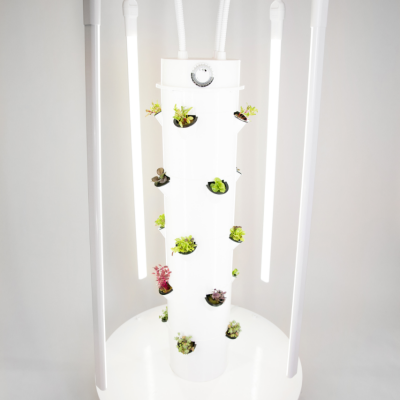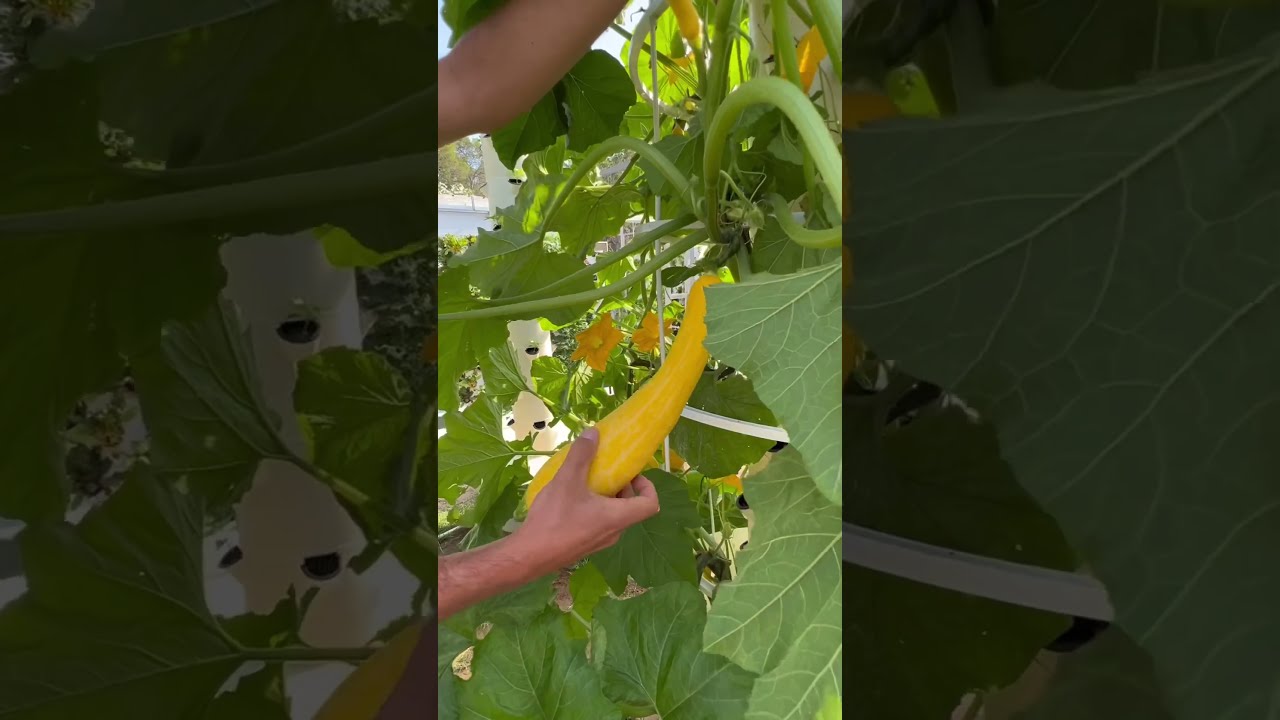Agrotonomy Tower Farms Reviews Revolutionizing Agriculture with Vertical Farming


Vertical farming has emerged as a groundbreaking technique in modern agriculture, revolutionizing the way we grow crops. One of the prominent players in this field is Agrotonomy Tower Farms. In this article, we will delve deep into the realm of agrotonomy tower farms reviews, exploring the features, benefits, and potential drawbacks of this innovative agricultural approach. Let’s sow the seeds of knowledge and cultivate a comprehensive understanding of agrotonomy tower farms.
What are Agrotonomy Tower Farms?
Agrotonomy Tower Farms are state-of-the-art vertical farming systems that enable crops to be cultivated in vertically stacked layers. These tower farms utilize advanced technologies such as hydroponics, aeroponics, and artificial intelligence to optimize plant growth in controlled environments. By harnessing the power of vertical space, agrotonomy tower farms maximize crop yields while minimizing the environmental footprint associated with traditional farming methods.
The Advantages of Agrotonomy Tower Farms
Agrotonomy tower farms offer a myriad of advantages over conventional farming techniques. Let’s explore some key benefits:
- Maximized Land Utilization: With agrotonomy tower farms, agricultural production can be significantly increased within limited spaces. By utilizing vertical height, these farms can produce multiple times more crops compared to traditional horizontal farms occupying the same area.
- Year-Round Cultivation: Unlike traditional farming that heavily relies on seasonal variations, agrotonomy tower farms enable year-round cultivation independent of weather conditions. This ensures a stable and consistent supply of fresh produce regardless of external factors.
- Water Conservation: Water scarcity is a pressing concern in many regions. Agrotonomy tower farms address this issue by utilizing advanced irrigation systems, such as hydroponics and aeroponics, which require significantly less water compared to traditional farming methods. The closed-loop systems in tower farms also minimize water wastage.
- Reduced Environmental Impact: Agrotonomy tower farms employ sustainable practices by eliminating the need for harmful pesticides and herbicides. Additionally, these farms consume less land, emit fewer greenhouse gases, and reduce transportation distances, thereby lowering their overall environmental impact.
- Enhanced Crop Quality and Safety: The controlled environments in agrotonomy tower farms allow for precise monitoring and adjustment of various factors, such as temperature, humidity, and light intensity. This results in optimal growing conditions, leading to higher crop quality and safety, free from contaminants and pests.
Potential Concerns of Agrotonomy Tower Farms
While agrotonomy tower farms present numerous benefits, it is essential to consider certain potential concerns:
- High Initial Investment: Establishing a fully functional agrotonomy tower farm requires significant upfront investment in infrastructure, equipment, and technology. However, it’s important to note that the long-term cost savings and increased productivity often outweigh the initial financial outlay.
- Energy Consumption: Agrotonomy tower farms rely on artificial lighting systems, climate control mechanisms, and other technological components. This can result in increased energy consumption compared to traditional farming methods. However, advancements in energy-efficient technologies are continually improving the sustainability of these farms.
- Technical Expertise: Operating an agrotonomy tower farm demands specialized knowledge and technical expertise in vertical farming techniques, automation, and data management. Adequate training and skilled personnel are crucial for the successful implementation and operation of these farms.
- Crop Selection Limitations: While agrotonomy tower farms are capable of growing a wide range of crops, certain plants with extensive root systems or specific growth requirements may pose challenges. Farmers need to carefully select suitable crops for vertical farming to optimize yields and maintain profitability.
- Market Acceptance: As vertical farming is still a relatively new concept, the market acceptance and consumer perception of crops grown in tower farms may vary. Educating consumers about the benefits and safety measures of agrotonomy tower farms plays a vital role in driving their adoption and market viability.
FAQs about Agrotonomy Tower Farms

- Can agrotonomy tower farms operate without natural sunlight?
Yes, agrotonomy tower farms utilize advanced LED lighting systems that mimic natural sunlight, allowing crops to grow efficiently without reliance on traditional sunlight.
- Are the crops grown in agrotonomy tower farms organic?
Agrotonomy tower farms can employ organic growing practices, but not all crops from these farms are automatically considered organic. Certification and adherence to organic standards are determined by specific farming practices.
- How do agrotonomy tower farms control pests and diseases?
Agrotonomy tower farms implement integrated pest management (IPM) techniques, including biological controls and sensors, to monitor and mitigate pest and disease outbreaks. This reduces the need for chemical pesticides.
- **Are agrotonomy tower farmssubject to any regulations or certifications?
Agrotonomy tower farms may be subject to regulations and certifications depending on the location and specific requirements of the farming practices. Different countries and regions have their own agricultural regulations and certifications that govern aspects such as food safety, environmental sustainability, and organic farming. It is important for agrotonomy tower farms to comply with these regulations and obtain relevant certifications to ensure the credibility and trustworthiness of their products.
- How do agrotonomy tower farms contribute to food security?
Agrotonomy tower farms play a vital role in enhancing food security by providing a reliable and consistent supply of fresh produce throughout the year. By reducing dependence on weather conditions and optimizing space utilization, these farms can help meet the increasing demand for food in a sustainable manner.
Conclusion
Agrotonomy tower farms offer a promising solution to the challenges faced by traditional agriculture. With their ability to maximize land utilization, conserve water, reduce environmental impact, and provide year-round cultivation, these farms are revolutionizing the way we grow crops. While there are considerations such as initial investment, energy consumption, and technical expertise, the benefits of agrotonomy tower farms outweigh these concerns. As the world seeks sustainable and efficient methods of food production, agrotonomy tower farms provide a glimpse into the future of agriculture.
In conclusion, agrotonomy tower farms are transforming the landscape of modern farming. Their innovative approach to vertical farming opens up new possibilities for increased productivity, resource efficiency, and food security. By harnessing advanced technologies and sustainable practices, these farms are reshaping our relationship with the land and redefining the future of agriculture.


